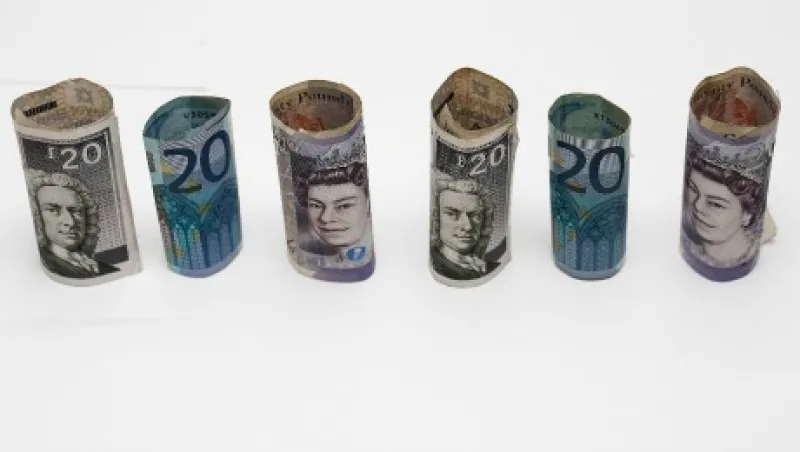
Daily Agenda: The Growing Shadow over Europe
A slew of negative data points in Europe; the Chinese central bank cuts rates; JPMorgan leads a parade of key U.S. earnings releases.
Andrew Barber
October 14, 2014


